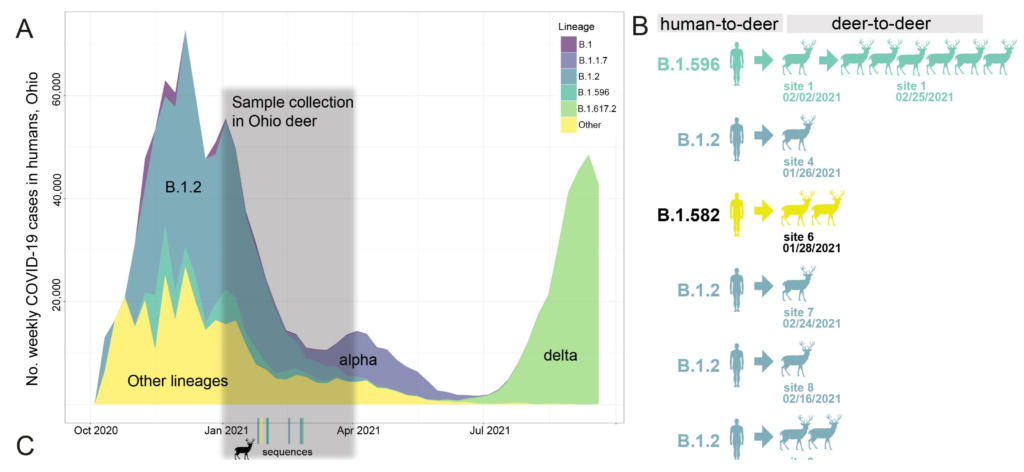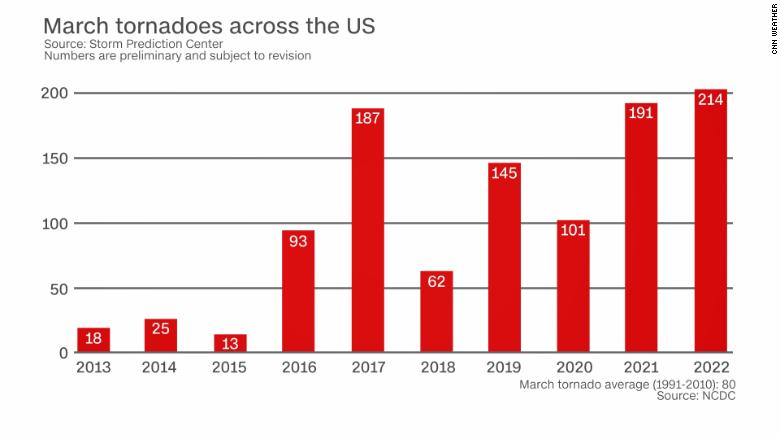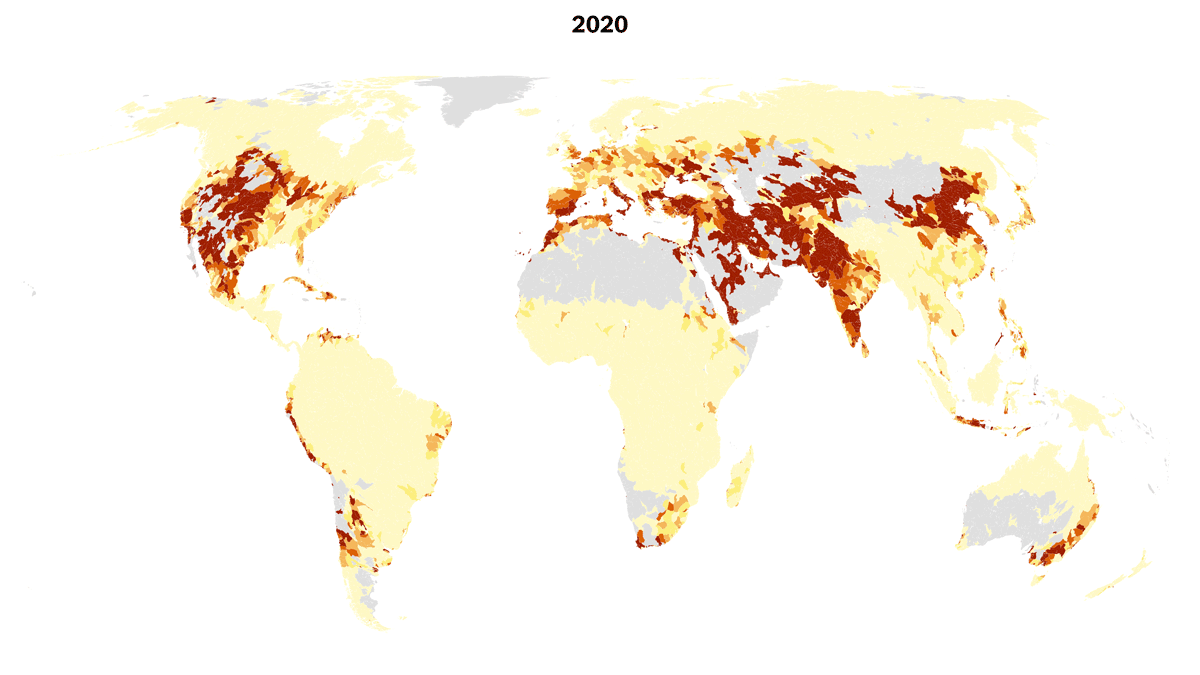Covid is rampant among deer, research shows – “The sheer possibility that these things are happening and it’s unknown makes this very unsettling”

By Evan Bush
2 January 2022
(NBC News) – Humans have infected wild deer with Covid-19 in a handful of U.S. states and there’s evidence the virus has been spreading between deer, according to recent studies, which outline findings that could complicate the path out of the pandemic.
Scientists swabbed the nostrils of white-tailed deer in Ohio and found evidence of at least six separate times that humans spread the coronavirus to deer, according to a study published last week in Nature.
About one-third of the deer sampled had an active or recent infection, the study says. Similar research in Iowa of tissue from roadkill and hunted deer found widespread evidence of the virus.
The research suggests the coronavirus could be taking hold in a free-ranging species that numbers about 30 million in the United States. No cases of Covid spread from deer to human have been reported, but it’s possible, scientists say.
It’s a reminder that human health is intertwined with that of animals and inattention to other species could prolong the pandemic and complicate the quest to control Covid.
Widespread, sustained circulation of the virus in deer could represent a risk to people if mutations in deer created a new variant. A population of wild animals harboring the virus could also retain variants that are no longer circulating among humans now, and allow them to return later.
“The sheer possibility that these things are happening and it’s unknown makes this very unsettling,” said Suresh Kuchipudi, a virologist at Pennsylvania State University. “We could be caught by surprise with a completely different variant.” [more]
Covid is rampant among deer, research shows
SARS-COV-2 infection in free-ranging white-tailed deer
ABSTRACT: Humans have infected a wide range of animals with SARS-CoV-2 viruses, but the establishment of a new natural animal reservoir has not been observed. Here, we document that free-ranging white-tailed deer (Odocoileus virginianus) are highly susceptible to infection with SARS-CoV-2 virus, are exposed to a range of viral diversity from humans and are capable of sustaining transmission in nature. SARS-CoV-2 virus was detected by rRT-PCR in more than one-third (129/360, 35.8%) of nasal swabs obtained from Odocoileus virginianus in northeast Ohio (USA) during January-March 2021. Deer in 6 locations were infected with 3 SARS-CoV-2 lineages (B.1.2, B.1.582, B.1.596). The B.1.2 viruses, dominant in humans in Ohio at the time, infected deer in four locations. Probable deer-to-deer transmission of B.1.2, B.1.582, and B.1.596 viruses was observed, allowing the virus to acquire amino acid substitutions in the spike protein (including the receptor-binding domain) and ORF1 that are infrequently seen in humans. No spillback to humans was observed, but these findings demonstrate that SARS-CoV-2 viruses have the capacity to transmit in US wildlife, potentially opening new pathways for evolution. There is an urgent need to establish comprehensive “One Health” programs to monitor deer, the environment, and other wildlife hosts globally.

